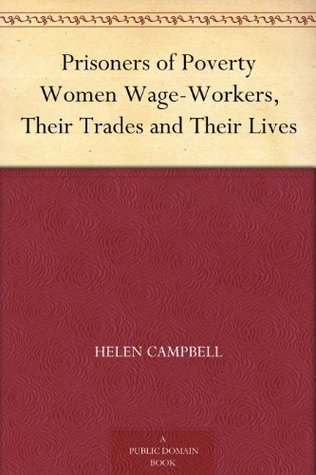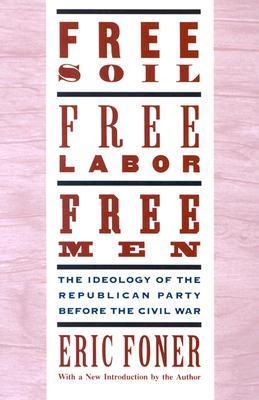She's got a pretty good sense of humor. I think the title itself, is a bit of an ironic joke. If you read that title, "Power and Politics in the Civil War South," what do you expect? Oh, you know, congressional debates, elections, cabinet meetings. Power and politics. There's a million books with that kind of subtitle. Boring. That's not what she's writing about. She's saying what women are doing on the grassroots level is also politics. Right? We've got to expand our definition of politics from just the electoral sphere.
It's also about power. Power within the society. Who's going to exercise it and how?
So she challenges us to expand our definition of politics to encompass all sorts of different kind of events in what we call the public sphere.
The struggle for Southern independence opens the door for the political mobilization of groups that had had little influence in the pre-war South. One, we saw before, was slaves. It opens the door for slaves, as we've seen, to run away, to join the Union army, to become a political factor
in the South. Secondly, women who had, you know, the notion of the law of coverture which is enforced in the North and the South, the common law of coverture, says a woman is an appendage of her husband. She has no legal identity (a married woman) other than that
of her husband. She can't sign a contract. She can't own property. She can't vote, obviously. She's not an individual actor, so to speak, on the political stage. But she becomes that, forgetting about the law. They forge, and what McCurry shows, is poorer women forge a political identity.
It's not the same as the upper-class women. Upper-class women address the Confederate government as upper-class people. They are part of the elite. They demand recognition as part of the elite. The identity that these poorer women construct for themselves, she says, is as the wives of soldiers. They're not exactly claiming autonomy for themselves. They are soldiers' wives, but the government has an obligation to them as soldiers' wives. The government cannot let them starve. The government cannot let them fail to feed their families. And on a small farm, when the man is taken away in the draft, or volunteers, it's very hard for a woman and maybe some children to actually manage the farm and to harvest the crops and to feed the family over the next couple of years.
The economic situation deteriorates as the war goes on. These poorer women flood the Confederate government, Confederate Congress, state authorities, with demands for assistance. Demands. Not charity, but a right. They have a right to support from the government, because they are soldiers' wives. And sometimes they take to the streets. And eventually, some of them actually go along with their husbands. Now McCurry, and I guess Faust, are not saying: this is the cause of Confederate defeat, the disaffection of more and more women. But it certainly is a problem, and politicians understand it is a problem. And they have to address these demands of soldiers' wives. And they start, Congress begins, as the war goes on, exempting poor families from taxation. They begin what she calls, maybe in a slight exaggeration, an inchoate welfare system. The South (here's an irony) the South, the Confederacy, is the first government in the United States to create a welfare system. That is, actual direct aid to poor people by the government because they're poor. So these women are not anti-Confederate, exactly. They resent the way the war is being conducted. But the disaffection of women on the homefront reverberates in to the army. And if men in the army know their families are discontent or not able to eat, that makes morale in the army begin to deteriorate.



























